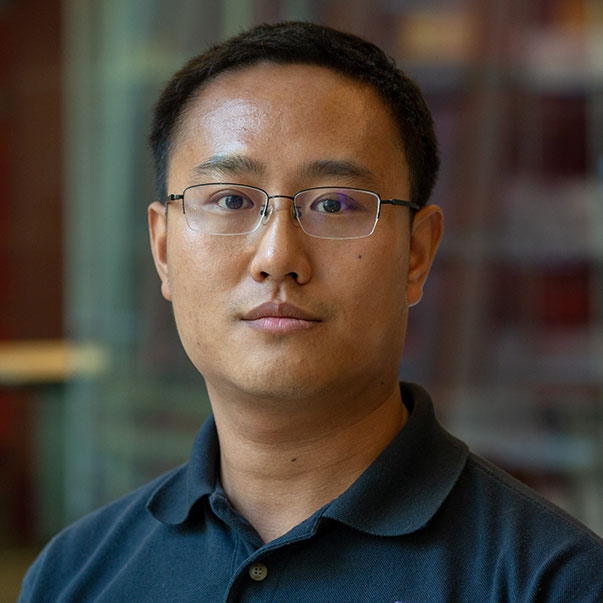Suppose we are monitoring discrete events in real-time. Can we predict what events will occur in the future, and when? For example, can we probabilistically predict a patient’s prognosis, eventual diagnosis, and treatment cost based on their symptoms and treatments so far? What will an online customer buy in the future? What will a social media user share, like, or comment on? What workload will a computer system receive over the next 5 minutes?
This talk will present the neural Hawkes process (NHP), a flexible probabilistic model that supports such reasoning. Hongyuan Mei of Johns Hopkins University will sketch methods for estimating its parameters (via MLE and NCE), sampling predictions of the future (via rejection sampling), and imputing past events that we have missed (via particle smoothing).

He will then show how to scale the NHP (or neural sequential models in general) to real-world domains that involve many event types. We begin with a temporal deductive database that tracks how relevant facts including the possible event types change over time. We take the system state to be a collection of vector-space embeddings of these facts and derive a deep recurrent dynamic neural architecture from the temporal Datalog program that specifies the temporal database. We call this method “neural Datalog through time.”
Mei will also sketch a few future research directions, including embedding the NHP model within a reinforcement learner to discover causal structure and learn intervention policies that can improve future outcomes.
This work was done with Jason Eisner and other collaborators including Guanghui Qin, Tom Wan, and Minjie Xu.
Hongyuan Mei is a Ph.D. student in the Department of Computer Science at the Johns Hopkins University (JHU), affiliated with the Center for Language and Speech Processing (CLSP). He is a Bloomberg Data Science Ph.D. Fellow and the 2020 recipient of the Frederick Jelinek Fellowship. He develops machine learning methods for real-world problems — especially probabilistic models for both structured and unstructured data, along with efficient algorithms for training and inference, with applications in event sequence modeling and natural language processing. His papers have appeared at NeurIPS, ICML, NAACL, and AAAI.
Contact Ginny Watterson for Zoom link.